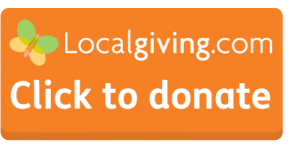Ramadan is the ninth month of the Islamic calendar in which Muslims around the world fast from dawn to dusk, abstaining from food and drink. Muslims break their fast with a celebratory meal often in a communal setting.
Muslims with eating disorders may feel guilty and ashamed for not being able to fast during this time.
However, it is important to remember that Ramadan is not only a time for fasting but is also a time for devotion and connection with God- through prayer, self-reflection, charity, and other acts of kindness.
According to the Quran (Surah Al-Baqarah verse 184) fasting is not obligatory for- those who are ill, pregnant/nursing, travelling, young children and the elderly and highlights alternative ways of taking part during this month
Related Posts
Coping with Christmas
The weeks around Christmas can bring a mix of feelings for many people affected by...
We're recruiting! Children and Young People Counsellor
Do you want to make a difference to the lives of children and young people...


